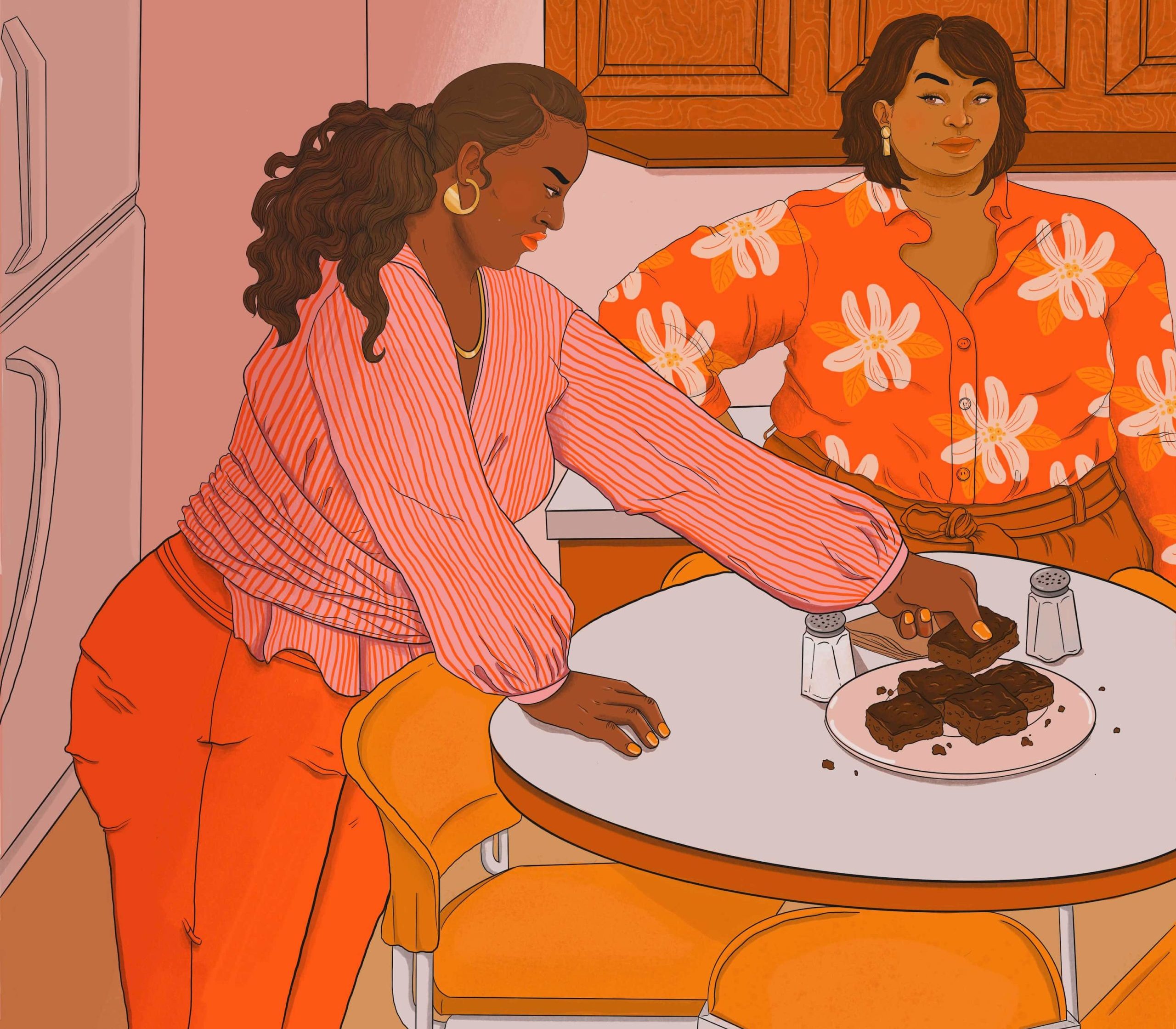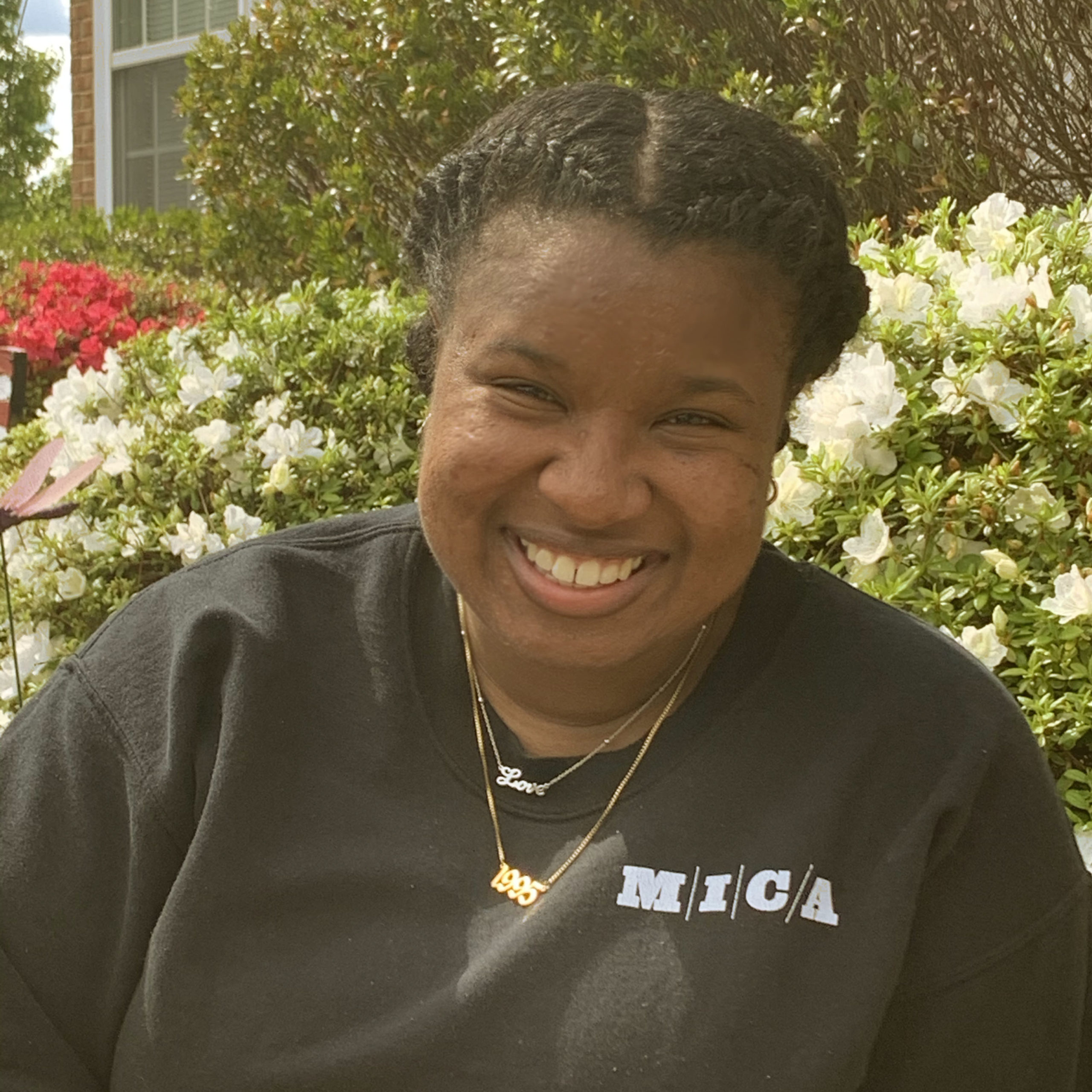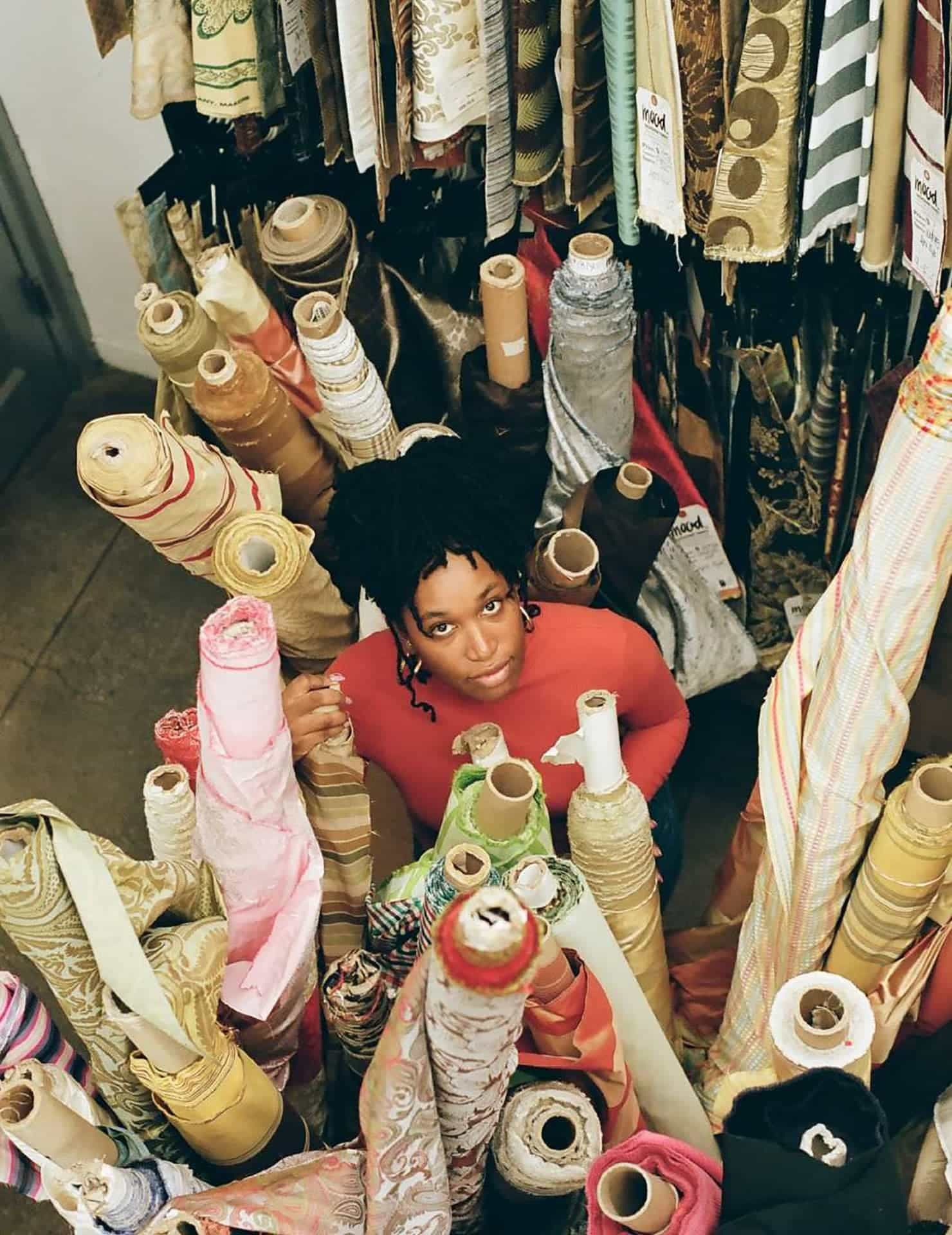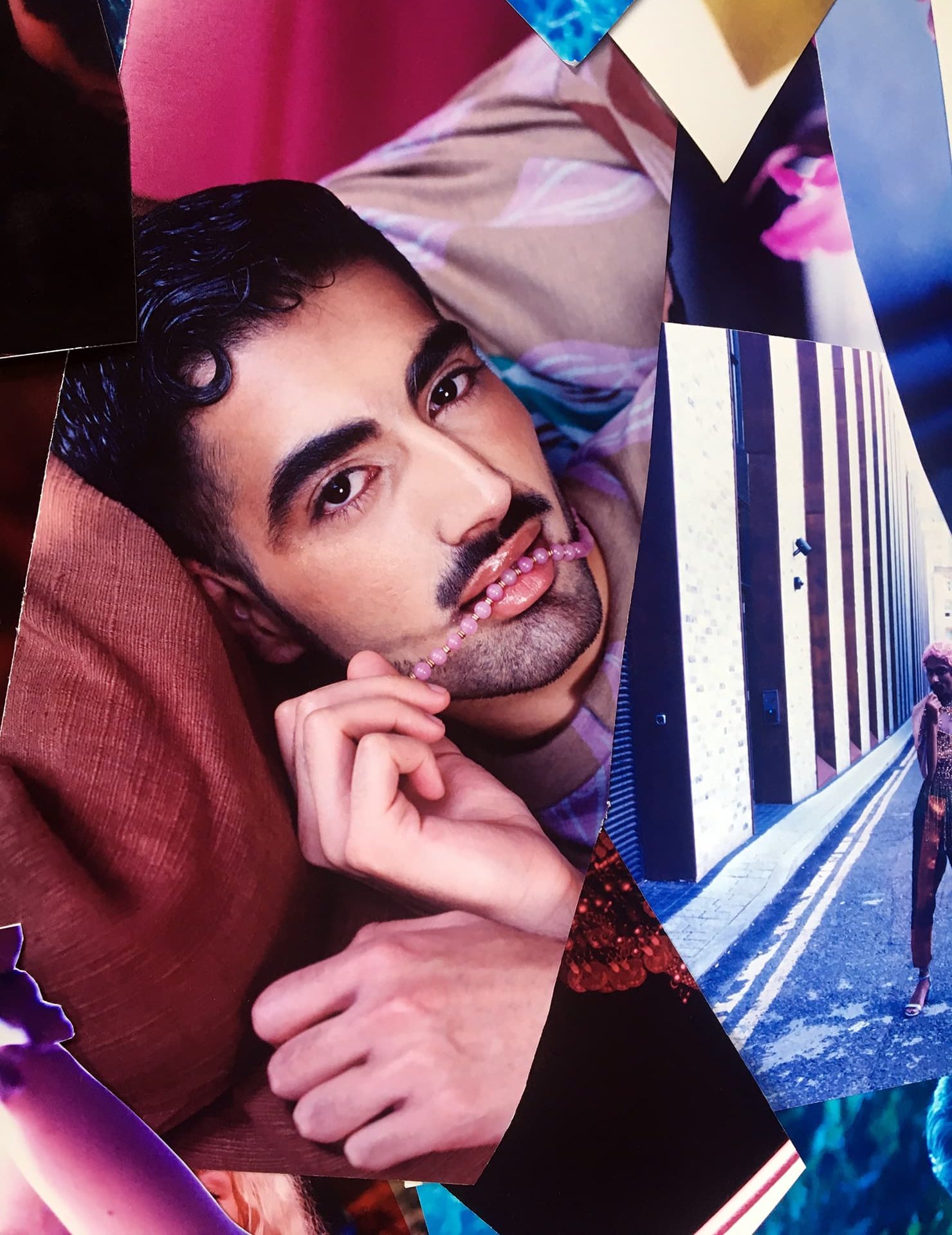I was trapped between two worlds. Back at work, more than once, I was caught standing in front of the office window that projected a slenderizing image, trying to convince myself that this was the real me. More than once the black man whose office was just beyond the glass poked his head out, concerned. He never said anything, probably because he had no idea what the hell I was doing. And anyway, I was working in an environment in which everybody could be labeled thicc and thiccer. This meant that for the most part, nobody really said anything.
Until Sheryl did. Sheryl was a black woman in her late 40s who had the kind of ass you could place a cup on. One day, Sheryl was in the kitchen when I was getting my routine 3pm brownie. She lowered her head reproachfully, shaking it just so. She lifted her eyes and said, “Girl, if you get annnyyy bigger.” She pursed her lips.
In addition to having a shelf ass, Sheryl was heavier than me. Her thiccness was, without a doubt, a source of pride. That, and the fact that she had a reputation for being able to burn in the kitchen, meant that she was real popular with the menfolk.
I said,“What?” Her reply was smooth. “You heard me.” She grabbed her own snack, before turning to walk out of the kitchen.
It was a small comment, stated without preamble or follow up. I spent the rest of the afternoon trying to wrap my mind around how someone thiccer than me had got it into their head that it was a good idea to go in on body shaming. (It’s like when one Black person says to another, “Damn, you Black!” like it’s an insult.) Maybe everyone had silently seen me gain this 25 pounds and Sheryl thought she might step in and say something before things got out of hand. Before I got “too big.”
****************************
In my book Fearing the Black Body: The Racial Origins of Fat Phobia, and other writings, I describe how fatphobia in the West finds its roots in anti-blackness. Since at least the 18th century, white philosophers and race scientists had been convinced that Black people were excessively “sensual.” Black Africans, they claimed, were addicted to gratifying their sexual and oral appetites. As a result, they asserted, Black people tended to be “too fat.”
This, of course, does not answer the question of what Black people thought of fatness historically, and especially fat Black women. I conducted a separate study of this (forthcoming). It turns out that in the major Black publications from the early 19th to early 20th centuries, very little discussion of thicc, fat or thin women appeared. When it did, it was usually positive.
That blew me away. I could not find the roots of the African American preference for thicc physiques, and (frequent) ridicule or disdain for fat and skinny bodies. It didn’t make these preferences any less real, of course. They didn’t simply jump, fully formed, out of Sir Mix-A-Lot’s mouth or The Commodore’s musical instruments.*
Still, I didn’t need to consult the historical record to understand all that I needed to know about the here and now. Nobody needed to tell me that “thicc” was good, and that “fat” and “thin” were not as good among the Black folks I knew growing up.





